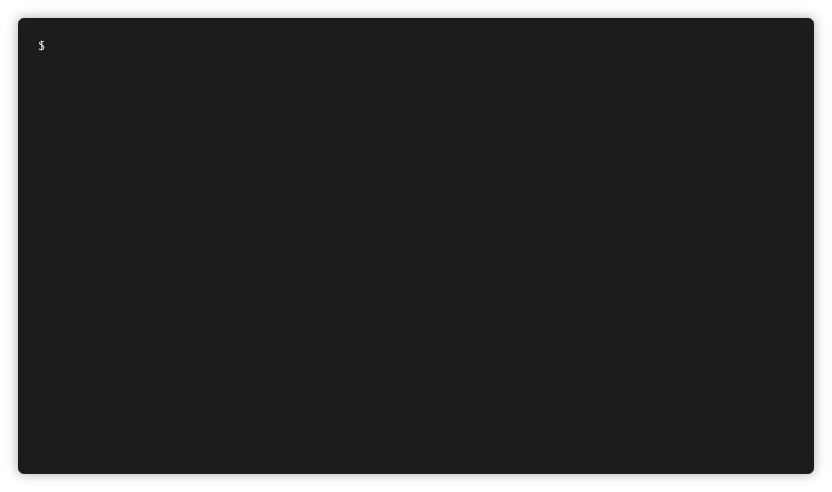# `echomap`
[](https://crates.io/crates/echomap)
[](https://github.com/pjsier/echomap/actions?query=workflow%3ACI)
Preview map files in the terminal

## Installation
If you have `cargo` installed, you can run `cargo install echomap` and then run it from `$HOME/.cargo/bin`. More details on this are available in [`cargo-install` documentation](https://doc.rust-lang.org/cargo/commands/cargo-install.html).
There are also [binaries available](https://github.com/pjsier/echomap/releases) for MacOS, Windows and Linux.
## Usage
```
USAGE:
echomap [FLAGS] [OPTIONS]
FLAGS:
-a, --area Print polygon area instead of boundaries
-h, --help Prints help information
-V, --version Prints version information
OPTIONS:
-c, --columns Sets the number of columns (in characters) of the printed output. Defaults to
terminal height minus 1.
-f, --format Input file format (tries to infer from file extension by default) [possible values:
geojson, topojson, csv, shp, wkt, polyline, kml]
--lat Name of latitude column (if format is 'csv')
--lon Name of longitude column (if format is 'csv')
--precision Precision value for polyline parsing
-r, --rows Sets the number of rows (in characters) of the printed output. Defaults to terminal
width.
-s, --simplify Proportion of removable points to remove (0-1 or 0%-100%) [default: 0.01]
ARGS:
File to parse or '-' to read stdin
```
## Contributing
See [CONTRIBUTING.md](./CONTRIBUTING.md)